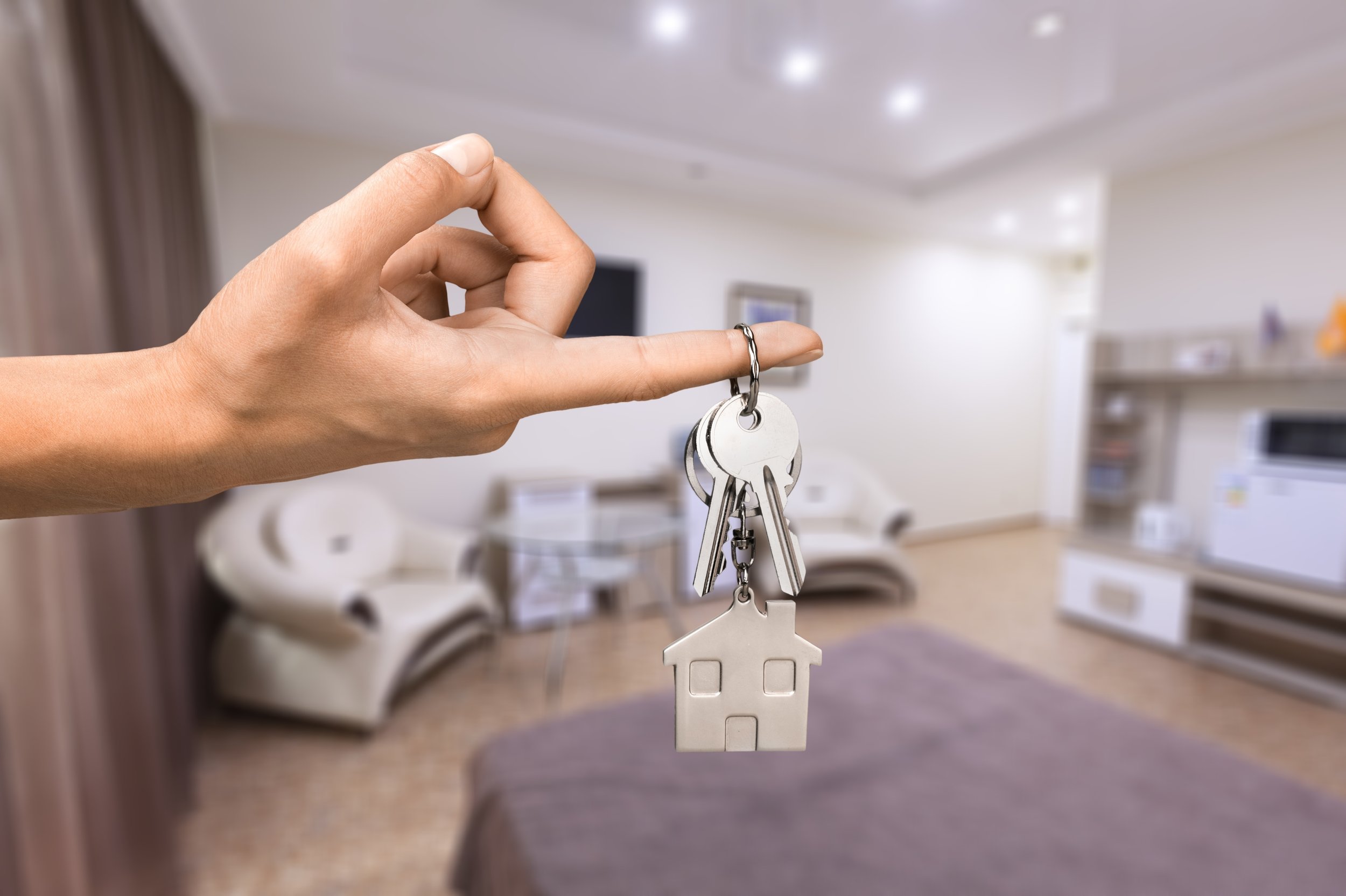
Know Your Client - All about the Landlord
The private rented sector has evolved dramatically and as the industry has embraced technological innovations, systems and processes to ensure that all the necessary compliance is adhered to on behalf of landlords, yet there is one glaring problem that is not always properly addressed - identifying and verifying the legal owner the rental property.
Over the last 12 months we have conducted lettings audits which consist of a 40 point check list, some of which relate specifically to the property owner. Identifying the legal owner is of paramount importance, not just at the point of an audit, but more so when a landlord instructs an agent to act on their behalf.
Knowing the legal owner of a property is essential not only because letting out a property holds significant responsibilities and obligations, but also because the Due Diligence of ensuring who the legal owner is will avoid many serious disputes, in particular, fraud.


New Right to Rent Code of Practice comes into force 22nd January 2024
Since February 2016, Landlords in England have been required to check that anyone renting residential property’s the correct legal immigration status. This means that landlords and their letting agents (where applicable) must check documents manually or use the Landlord Checking Service through the Home Office to ensure that tenants have the Right to Rent..
On the 22 January 2024, the revised code of practice will be introduced, replacing the previous version and the changes implemented will coincide with higher maximum fines for non-compliance.
These higher fines represent what the Home Office has described as one of the “biggest shake ups” of civil penalties since the checks were first introduced.
Landlords are responsible for carrying out Right to Rent checks to ensure that all occupants of residential properties aged 18 and over have the Right to Rent in England. The penalties for non-compliance will increase from £80 per lodger and £1,000 per occupier for an initial breach to up to £5,000 and £10,000 respectively. Any repeat breaches will attract fines as high as £10,000 and £20,000.

Michael Gove launches new consultation to deliver Awaab’s Law
DLUHC in the Media
There has been widespread coverage in the media about the consultation published by the Department for Levelling Up, Housing & Communities, which sets out new plans to improve social housing standards and clamp down on rogue social landlords who fail to provide safe homes – supporting the Government’s pledge to deliver Awaab’s Law.
This includes new legal requirements for social landlords to investigate hazards within 14 days, start fixing within a further 7 days, and make emergency repairs within 24 hours. Those landlords who fail to comply can be taken to court where they may be ordered to pay compensation for tenants.
Several national outlets including BBC News, The Sun, The Independent, Daily Mirror, Sky News, and The Daily Telegraph all report that social landlords will be legally required to repair emergency hazards within 24 hours and must keep clear records of issues and their attempts to resolve these – with tenants also given increased legislative power to challenge housing conditions through the courts. Coverage also notes Awaab’s father, Faisal Abdullah, expressing support for the new proposals.
